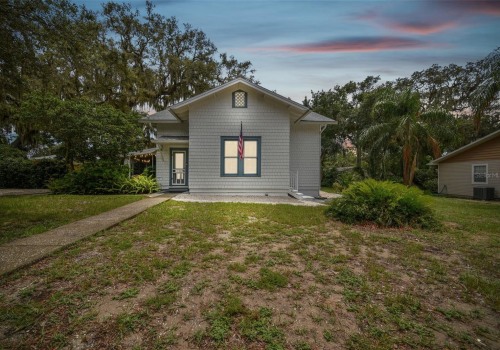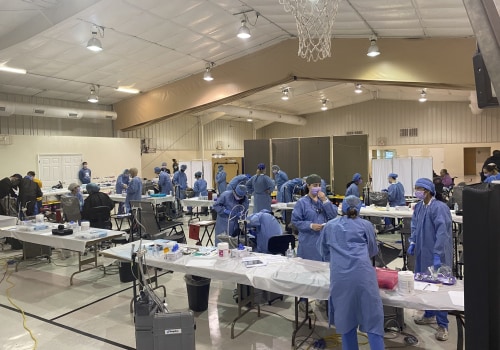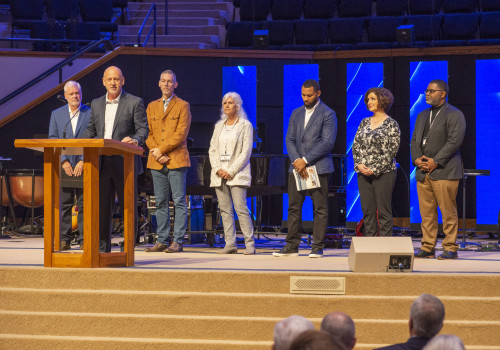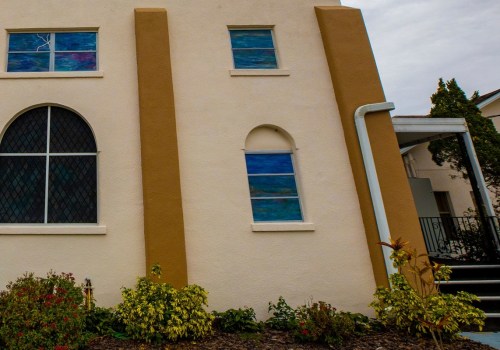In the Southern Baptist Church (SBC), the vast majority of churches are members of a local Baptist association. Each church, pastor, and association has their own ideas about why the association exists and what its purpose is. To find a cohesive purpose for the local Baptist association, it is important to look at what this purpose has been historically. The SBC is comprised of a wide range of conservatives, from those who are more conservative on certain issues to those who are less conservative.
It is not accurate to use fear tactics to “wake up” the SBC, as liberalism is not a great danger in the SBC. Additionally, egalitarianism is not the most important issue in the SBC, as there are only a small number of churches that have women pastors and many others that have women in ministerial positions. What is new is the emergence of self-proclaimed theological policemen within the SBC, who are not content unless all churches conform to their interpretation on virtually every controversial theological, political, or social issue. This has led to an increasing unwillingness to cooperate in missions with churches and brothers in the faith, unless they are in almost unanimous agreement on tertiary issues.
The writers of BF&M were not inept, but they crafted several passages so that different elements could be united around a confession. Most churches are not abandoning questions of doctrine, but are instead abandoning questions of pragmatic effectiveness. If they feel that cooperation has become ineffective, they may choose to leave. The Southern Baptist Convention has been in the news recently due to its pro-slavery past and allegations of sexual abuse.
The next generation of Baptist leaders has the opportunity to give people a new perspective on the denomination. This article aims to provide an overview of the role of local Baptist associations in Valrico, Florida based on personal experiences.



